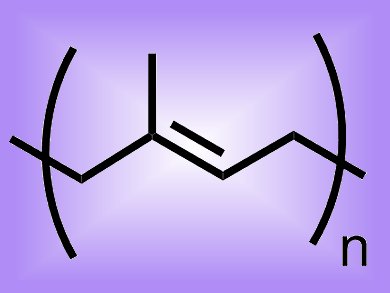Chemists at the Scripps Research Institute in La Jolla, California, USA, explain how nature uses a sophisticated non-stop tail-to-head polycyclization process to generate strained terpenes. However, emulating such a neat process in the laboratory has proved difficult, despite its potential for generating quite complex natural products and their derivatives.
The team has demonstrated that in order to initiate such a non-stop reaction in the lab, it is apparently necessary to sequester the counteranion away from the carbocation at the start, thus emulating the role of the cyclase enzymes in nature. To achieve this, the team used a Lewis acid with non-dissociating ligands that acted to prevent pre-emptive proton transfer and so precludes the reaction from taking easier alternative paths.
- Synthesis of highly strained terpenes by non-stop tail-to-head polycyclization,
Sergey V. Pronin, Ryan A. Shenvi,
Nat. Chem. 2012.
DOI: 10.1038/nchem.1458




